Books have been the number one source for filmmakers since movies began. They come with a complete story, defined characters, dialog and, often, a built-in audience. So why, then, are many of the great books unfilmable? How many sour few versions of Moby Dick do we need to prove that point? More often than not we hear – or say – the movie wasn’t as satisfying as the book.
On the other hand, pop beach book fiction might not reap literary awards, but the blueprints they provide are responsible for some major cinema classics like The Godfather, Jaws and Gone with the Wind. I believe it has to do with simplicity – little or no subtext, uncomplicated characters, and a straight-line narrative so easy to follow that even Hansel and Gretel can skip the breadcrumbs.
Occasionally a complex literary work will connect with the right director and screenwriter who will select a point of view, edit the hell out of the details and modify the arrangement of various elements to support the change in medium from page to screen. When this happens, we, the audience, are handed a diamond that has been painfully pressed from the coal that is the written word. The flurries of words that challenge our imaginations when we read are replaced by the filmmaker’s creative interpretation that somehow maintains all the complexities of the original book.
This is no easy task. Here are five who succeed in the transition from classic literature to iconic cinema:
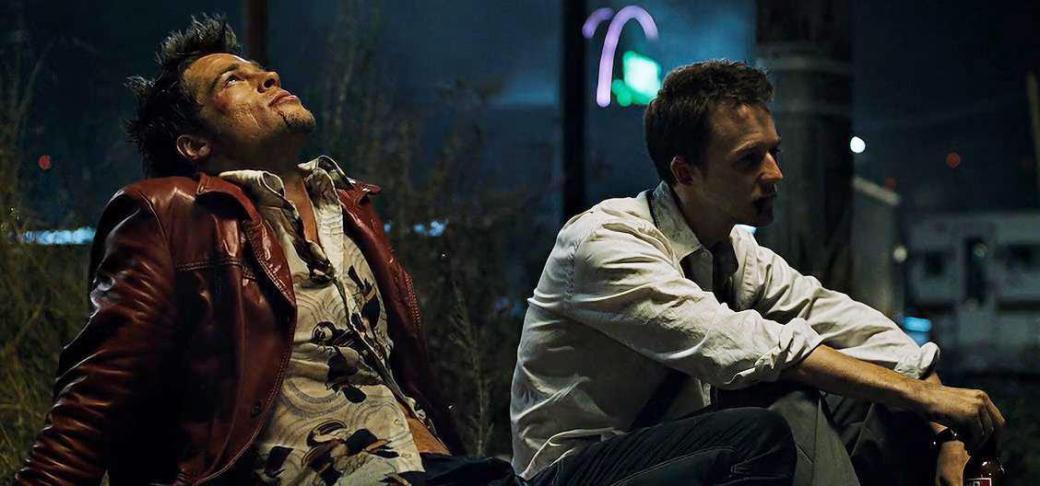
Fight Club – David Fincher (1999)
– based on the 1996 novel by Chuck Palahniuk
One would think that Palahniuk’s bombastic work about identity, bloodlust, mental illness and….soap(?) would not be something one would pay to watch, unless the filmmaker happens to be the unflinching master, David Fincher. The film is bookended by brilliant opening and closing sequences, head of the class performances by Brad Pitt, Edward Norton and Helena Bonham Carter, and images shot by freshly hired, now Fincher regular, Jeff Cronenworth. Audiences and critics alike initially either loved or hated the film, but as the haters wander off or die, the film has a solid legacy similar to other polarizing cultish films like A Clockwork Orange, Inception and pretty much anything by von Trier.
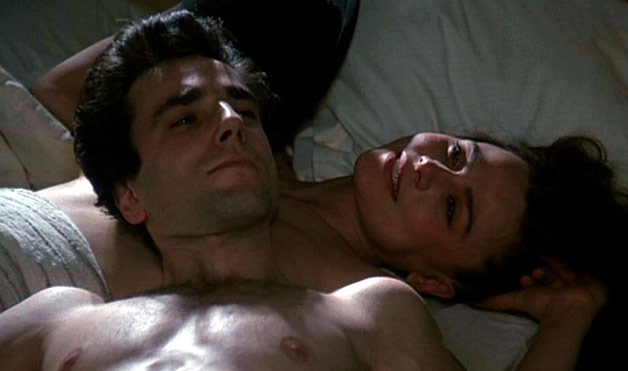
The Unbearable Lightness of Being – Philip Kaufman (1988)
– from the 1984 novel by Milan Kundera
Kundera’s novel of infidelity and revolt set during and after the Prague Spring of 1968 gets a handsome treatment in the hands of underrated auteur, Philip Kaufman. It’s an intricate literary work and Kaufman managed to capture most of the spirit and essence of the intensity of the time as well as the eroticism of Czech brain surgeon Tomas (Daniel Day Lewis) and his dalliances. The wonderful Juliette Binoche and Lena Olin could not be better as the primary paramours, Binoche as a frustrated waitress and Olin as a photographer with a penchant for derby hats. The chemistry of the actors, director, and source material melds into a stimulating, at times, exciting, and ultimately moving portrayal of people caught in the grist of change and their own natural search for direction. Shout outs to legendary cinematographer Sven Nykvist and screenwriter Jean-Claude Carriere. Mesmerizing.

Howard’s End – James Ivory (1992)
– from the 1910 novel by E.M.Forster
The Merchant/Ivory partnership, along with writer Ruth Prawer Jhabvala, is responsible for some of the best literary adaptations ever filmed, so the selection of Howard’s End over A Room with a View, Maurice, The Bostonians, and Remains of the Day was pretty much a coin toss. They could easily fill all five slots, without regret. This was the showcase that put Emma Thompson on the A-List with her Oscar-winning portrayal of Margaret Schlegel and her plate-spinning interaction with her younger sister (Helena Bonham Carter) and the aristocratic Wilcox and his ailing wife (Anthony Hopkins and Vanessa Redgrave). The film is superlative portrayal of period detail and class structure that invites us to peer at the underbelly of social conventions at the turn of the century.
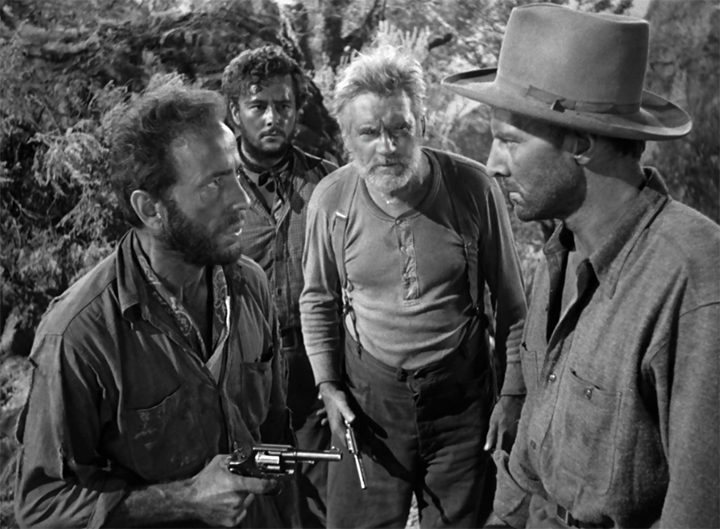
Treasure of Sierra Madre – John Huston (1948)
– from the 1927 novel by B. Traven
An American classic that, I’ll bet, most people didn’t know was adapted from the novel penned by who we think could have been a German anarchist self-exiled to Mexico. That’s correct, the book’s title at first printing was Der Schatz der Sierra Madre. Both the book and Huston’s film is probably the most existential and anti-imperialism western, laser-focused on greed, that was ever made – certainly until the 1970s, at least. How this nihilistic vision was ever greenlit for Hollywood development in the early days of the McCarthy Era is nothing short of a miracle. Fred C. Dobbs is quintessential Bogart.
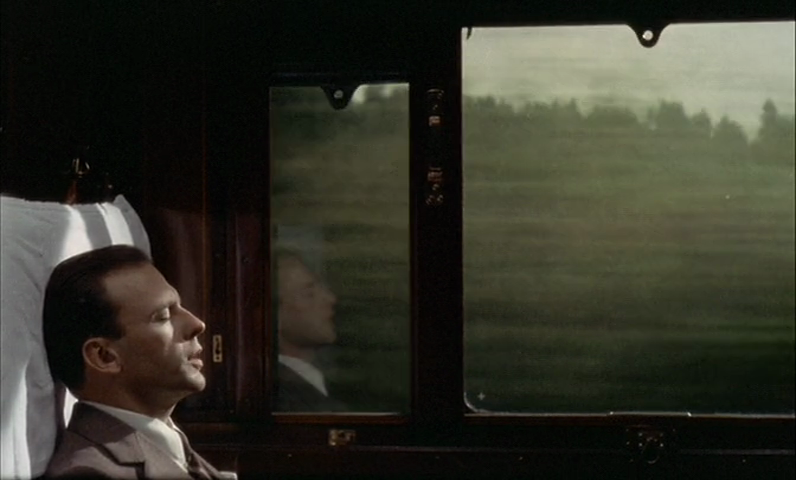
Il conformista (The Conformist) – Bernardo Bertolucci (1970)
– based on the 1951 novel by Alberto Moravia
Bertolucci’s expressionist masterpiece based on Moravia’s novel presents us with Marcello, a mouse of a man searching desperately for “normality”. Unfortunately, the Fascist world he lives in is anything but normal, so “conformity” replaces the “normality” he seeks as he becomes employed as a state assassin. Jean Louis Trintignant gives a strikingly aloof performance that is almost painful to watch as a man willing to surrender all sense of self and moral consciousness simply to fit in. Georges Delerue’s score and especially Vittorio Storaro’s deco cinematography were career bests for both artists, but the real star of the show is Bertolucci, who spares nothing from his visual bag of tricks while making a convincing political point. Simply put, it is not only one of the linchpins of 70s cinema, it is one of the greatest – and most taciturnly elegant – films ever made.
LitFlicks will always be a staple for cinema. I’ve been pleased with some adaptations such as Life of Pi, Requiem for a Dream, and The Grapes of Wrath, but it’s a gamble, to be sure. By all accounts, Luca Guagdagnino’s rendition of Andre Aciman’s Call Me By Your Name is the latest to strike the bull’s-eye. As this is one of my favourite books, I sincerely hope so.




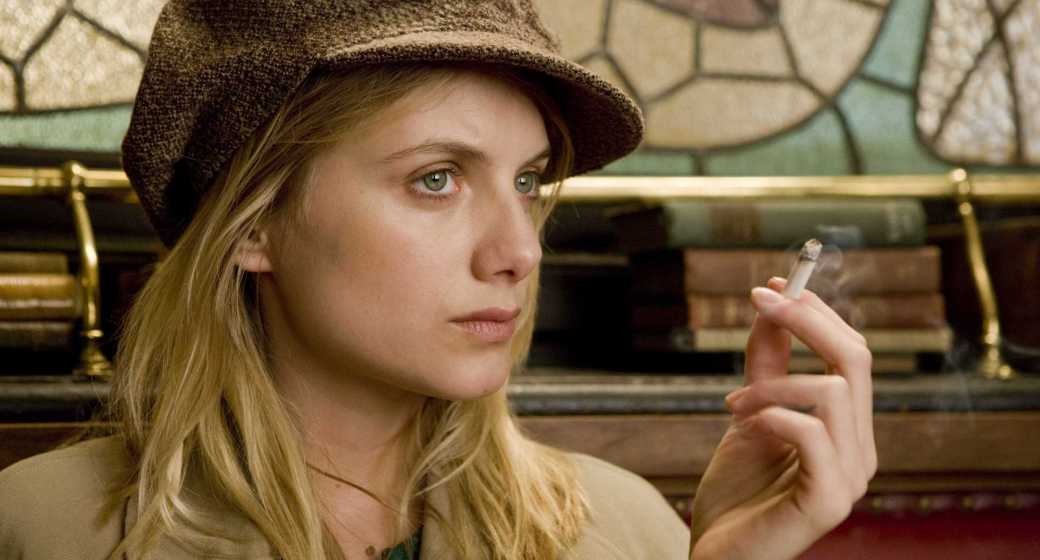




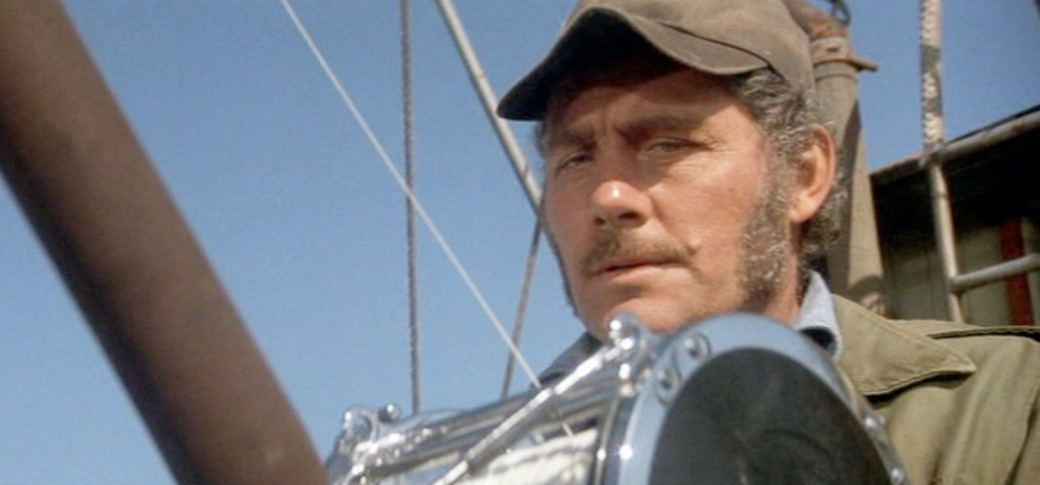
Recent Comments